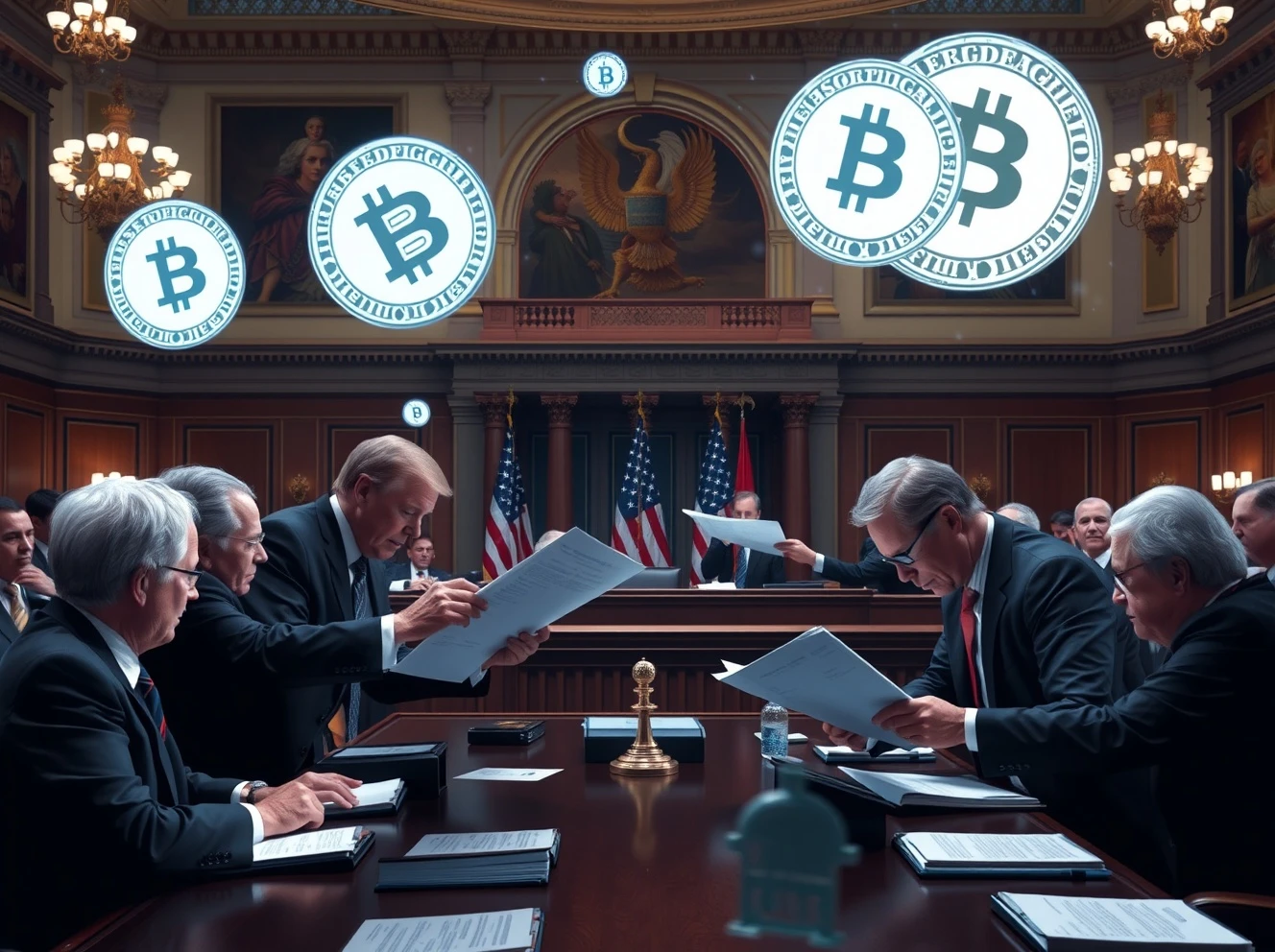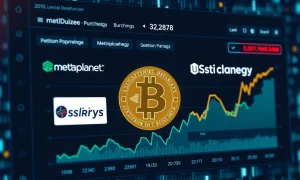Washington’s political landscape undergoes a dramatic transformation as twelve Democratic senators shatter partisan barriers to embrace comprehensive crypto regulation. This unprecedented bipartisan movement signals a new era for the $4 trillion digital asset market, potentially positioning the United States as the global regulatory leader.
Bipartisan Crypto Regulation Gains Critical Momentum
Twelve Democratic senators from key banking and agricultural committees have unexpectedly joined Republican colleagues in pushing for unified crypto regulation. Consequently, this alliance creates the necessary majority to advance legislation that could establish clear rules for the entire digital asset ecosystem. The senators, including Kirsten Gillibrand, Cory Booker, and Mark Warner, issued a joint statement demanding a collaborative framework rather than one-sided legislation.
Seven Pillars of Comprehensive Crypto Regulation
The bipartisan agreement centers on seven fundamental principles that will shape future crypto regulation. These include enhanced anti-money laundering measures, clear asset classification standards, and improved coordination between regulatory agencies. Specifically, the framework addresses:
- Illicit financing prevention with strengthened compliance requirements
- Asset classification clarity distinguishing securities from commodities
- Regulatory transparency between SEC and CFTC jurisdictions
- Consumer protection standards for digital asset transactions
Legislative Timeline Accelerates Crypto Regulation
Congressional committees now race against international competitors to establish US crypto regulation leadership. Initial votes could occur by late September or early October, depending on negotiation progress. Meanwhile, Republican Senator Tim Scott’s prediction of Democratic support proves accurate, creating unstoppable legislative momentum.
Global Crypto Regulation Competition Intensifies
International regulatory developments create urgency for comprehensive US crypto regulation. The European Union advances with MiCA implementation while Asian markets aggressively court digital asset businesses. Therefore, American lawmakers recognize the strategic importance of establishing clear, competitive frameworks.
Institutional Adoption Hinges on Crypto Regulation
Major financial institutions await final crypto regulation before committing significant capital. BlackRock, Fidelity, and other asset managers require legal certainty to expand cryptocurrency offerings. Moreover, insurance companies and pension funds need regulatory clarity before entering the $200 billion stablecoin market.
FAQs: Understanding the Crypto Regulation Breakthrough
Which Democratic senators support crypto regulation?
Twelve Democratic senators including Kirsten Gillibrand, Cory Booker, and Mark Warner have joined the bipartisan effort.
What are the key components of the proposed crypto regulation?
The framework focuses on seven pillars including anti-money laundering measures, asset classification standards, and regulatory coordination.
When will the crypto regulation vote occur?
Initial committee votes are expected by late September or early October 2025.
How does this affect international crypto competition?
The US aims to establish regulatory leadership against EU MiCA regulations and Asian market developments.
What opposition remains to crypto regulation?
Senator Elizabeth Warren continues opposing what she calls “industry-dictated legislation.”
How will crypto regulation impact institutional investors?
Clear rules will enable traditional financial institutions to safely enter digital asset markets.








